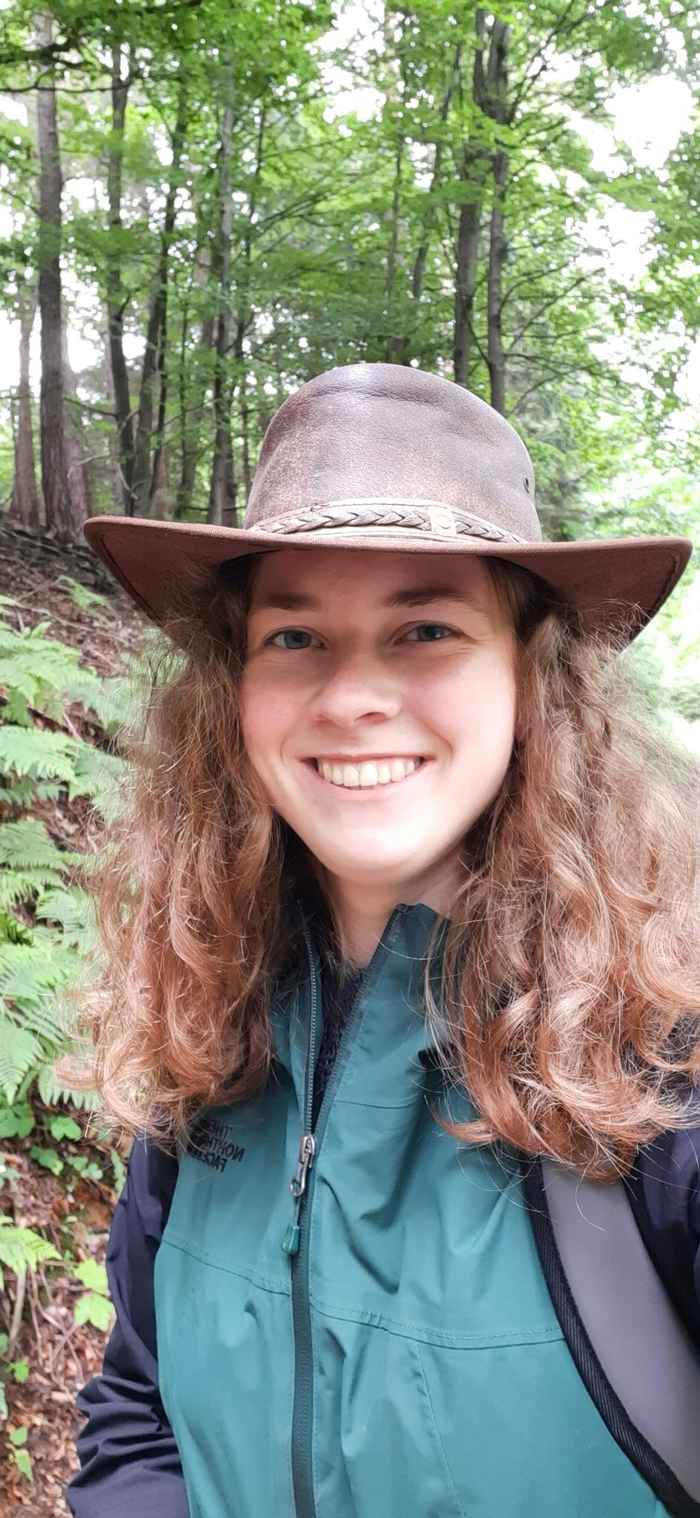Meet the alumnus

Cécile Alsbach
Master’s in Earth Sciences alumnus
“My name is Cécile and I graduated from Earth Sciences November 2023. I chose the Master’s programme Earth Sciences, as it closely aligned to my interests. Firstly, I am interested in the natural world, and how the abiotic world (the landscape, soils, water courses, and so on) interacts with the biotic world (plants, soil micro-organisms, animals) and vice versa. Secondly, I am strongly motivated by sustainability. I wanted to contribute to science that can immediately be applied in agriculture and nature management, to further humanity’s combat against climate change, biodiversity loss, soil erosion, aridification, pollution, and many more issues we are currently dealing with.
Earth Sciences allows you to do both: you study natural systems, but also the role of humans within these systems. You can choose whether you want to focus on unravelling the processes behind landscape formation and ecosystem functioning itself, or whether you want to focus on how to implement this knowledge into policy and management. You can craft your own study plan according to your interests, which is something I really liked. Moreover, the IBED, the institute that procures the Master’s programme, has many experts working in different fields, so if you want to know more about something particular, it is easy to approach teachers of different expertise.
I currently work as a PhD student investigating water-carbon-nutrient dynamics in Dutch sandy soils. Over the course of my Master’s, I learnt a lot that I apply every day in my job as a PhD. I learnt how to set up and execute research and write scientific articles, but also about the social side of science: how to plan and coordinate research with different people (communication with supervisors, lab technicians, arranging visits to fieldwork sites, and so on). Also, the broad scope of knowledge that I gained about soils, hydrology, geomorphology and geology, gave me a comprehensive understanding of the landscapes I work on right now.
If you are planning to follow this Master’s programme, which I highly recommend, I would advise you to stay openminded about the different topics there are within the field of Earth Sciences. Don’t feel like you have to specialise in a specific topic from day one, but instead explore and profit from the expertise all the specialist teachers can offer you!”
Questions for Cécile?
If you have any questions, don’t hesitate to contact her on LinkedIn.